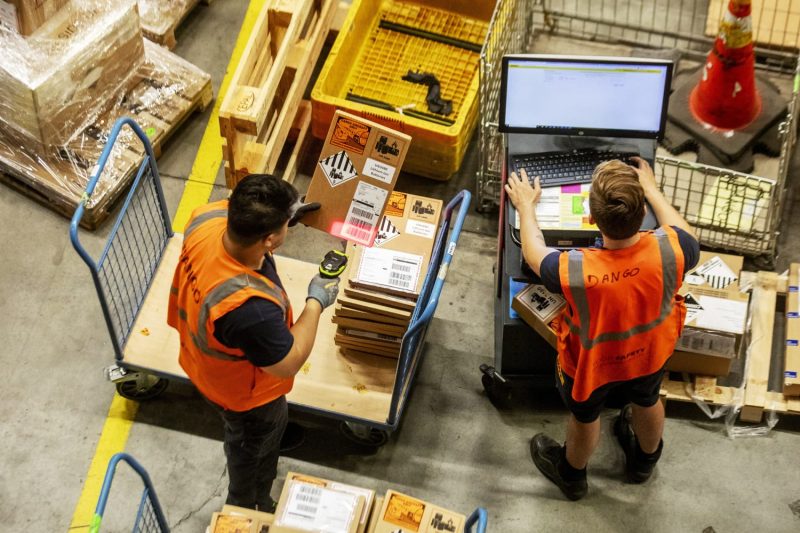In the interconnected world of global commerce, even a single failure can have wide-reaching repercussions, creating a ripple effect that disrupts supply chains, impacts businesses, and affects consumers worldwide. The intricate web of relationships and dependencies that underpin the global economy can sometimes be fragile, making it vulnerable to disruptions from various sources.
One of the key aspects of global commerce that can be easily impacted by a single failure is the supply chain. As seen in recent events such as the COVID-19 pandemic, disruptions in the supply chain can have significant consequences. A failure at a key node in the supply chain, such as a factory shutdown or a transportation bottleneck, can lead to delays in the delivery of goods, shortages of products, and increased costs for businesses.
Moreover, a single failure in a critical infrastructure component can also have cascading effects on global commerce. For example, a cyberattack on a major port, a natural disaster affecting a key shipping route, or a breakdown in communication systems can disrupt the flow of goods and information, leading to widespread chaos in the global market.
Furthermore, the interconnected nature of global commerce means that a failure in one sector can have spillover effects on other sectors. For instance, a failure in the agricultural sector due to adverse weather conditions can lead to higher prices for food products, affecting not only consumers but also businesses that rely on these inputs for their operations.
It is essential for businesses to have robust contingency plans in place to mitigate the impact of potential failures in the global commerce ecosystem. This includes diversifying supply chains, identifying alternative suppliers, and investing in technologies that can enhance resilience and flexibility in operations.
In conclusion, the fragility of the global commerce web highlights the interconnected and interdependent nature of the modern economy. A single failure can set off a chain reaction that reverberates across industries and geographies, underlining the need for proactive risk management and strategic planning to navigate the complexities of the global marketplace. The ability to anticipate and adapt to potential disruptions is key to ensuring the stability and sustainability of global commerce in an ever-changing world.

